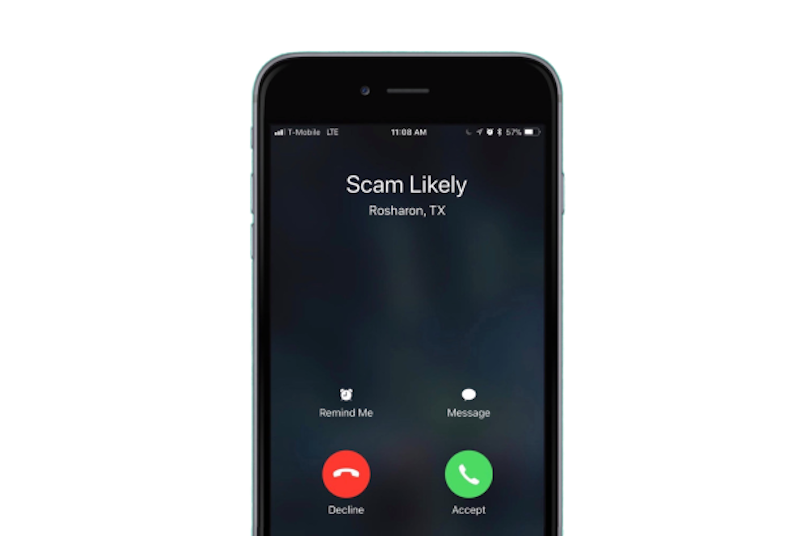
Congress has enacted new laws designed to end robocalls and telephone scammers. Under newly passed laws, robocall fines will increase to $10,000 per call. The Telephone Robocall Abuse Criminal Enforcement and Deterrence Act, or the TRACED Act, empowers the federal government with new abilities to go after illegal robocallers and was signed into law on December 30, 2019. Illinois residents issued 252,935 complaints about robocalls and scammers in 2018, many of them targeting the elderly.
The Wall Street Journal reports that the new robocall laws won’t stop scammers. While the new laws and fines will reduce robocalls, they won’t stop them because many robocall dialers are legitimate. For illegal robocall scammers, it’s difficult to enforce fines because many of the calls are made from overseas – where most of the scammed money ends up. It’s difficult to throw the scammers in jail when they are not in the United States – and their activity may not be illegal in their home country.
Automated robocalls use inexpensive dialing technology that makes it difficult for phone companies and the FCC to identify and block. Many older phones, often used by low-income users and senior citizens, don’t support the phone company’s Caller Id verification tools that block automated dialers.
Elder law addresses a broad range of legal issues that people encounter as they age. An elder law attorney has experience in areas of the law that help individuals plan for the future and address problems as they arise, including abuse, financial fraud and medical care; as well as estate planning.
An experienced Illinois elder law attorney can explain applicable laws and advise you on the best options to protect the interests of senior citizens. Contact the Estate & Probate Legal Group at 630-800-0112.